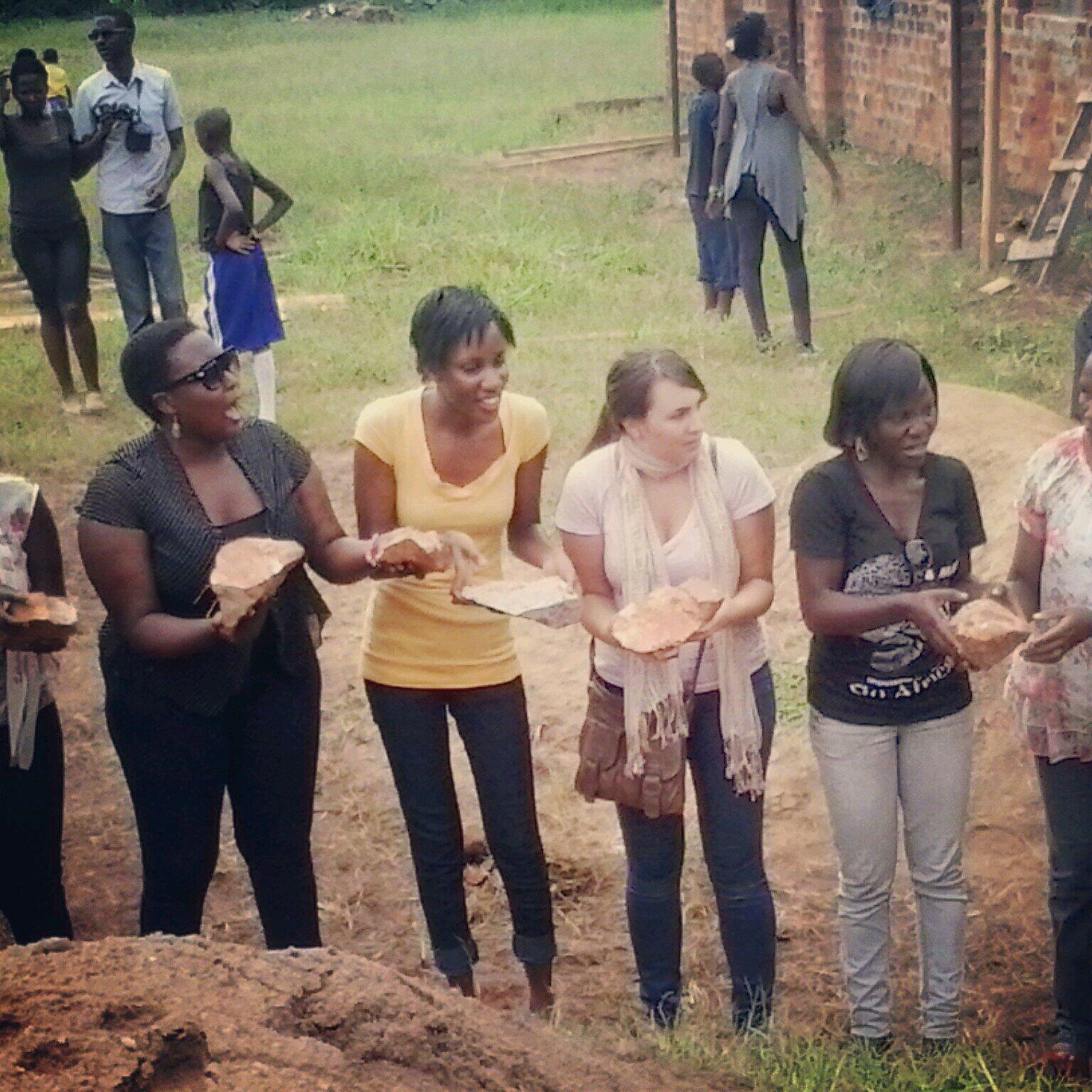 |
| Quick summary of the issues at hand |
We all know it is coming. It was
rumoured and whispered in hushed tones all of last and this year. Yeah, I’m
talking about the break-up of the Nile Breweries stable of beer brands.
Apparently word in the grapevine was that the stable has been on its way to
breaking up for a long time but was held together for various reasons but the
leadership at the breweries was steadfast in keeping all the 10 brands under 1
house. Since some recent shakeups at the Jinja-based brewery though that plan
has been fast tracked.
So what would it mean for the
industry? Here are 10 things that I think it means for the advertising industry:
2. The
brands as broken up above have the high impact brands and the premium brands. The
high impact brands (Club Pilsener and Nile Special) are the more preferred to
stay at Moringa because they have more recognition and will most likely have higher
budget allocations.
3. The
mass brands like Eagle and Chibuku won’t be in a hurry looking to move since almost no
agency will want to take them by themselves. They only make economic sense once
paired with other higher revenue brands.
4. The
Premium brands might be split individually between agencies i.e. Castle Milk Stout, Redds Vodka
Lemon, Nile Gold and Castle Lager, Castle Lite, and each be handed to a different agency. Or
all be distributed to one house to handle that portfolio.
5. The
pitch is made harder by the fact that no Uganda Breweries beer brand is handled
creatively by any Ugandan agency.(Bell is in SA , Tusker lager is at BBDO Kenya, Senator is in Kenya, Guinness sits in the UK & SA, the Diageo Reserve category is with Owen Kessel in SA) So EVERYBODY is coming to take a piece of the
pie.
6. Uganda
Waragi (EABL’s premium Ugandan spirit) is handled at Metropolitan Republic
Uganda. Whether this will preclude them from the pitch is definitely a question
answers are wanted to.
7. In
terms of media investment, desire to achieve economies of scale and the continued bullishness of the
Uganda Media Owners’ Association are going to continue driving consolidation and
the search for savings. The same way EABL will be looking to consolidate all their
buys and investment under the Dentsu Aegis Network affiliate Carat Media in Uganda. So this
makes me think media buying and investment might go to one house as well.
8. There
are concerns about PR and digital for these brands since across the region margins are shrinking and costs are being cut, it will be important to find more effectiveness and target
audience penetration; the things that PR and Digital deliver well on. Obviously there
will be infinitely more PR & digital agencies than listed above so expect that
to be a hot category.
 |
| For the level of investment, you'd think they could have done more. |
9. The
experiential and events division will remain mostly the same – undifferentiated
and not breathtaking. The thing is the experiential element does carry a lot of
potential because it creates the take-outs that brands actually want consumers
to have. Smell, taste, sight, eventually leading to recall. But innovation in
the category has been little and uninspiring - largely because of a large cost of reach per individual and the nasty practice of brand managers taking half the budgets as kickbacks. Eventually leading to things like
the “Club MegaFest” or rather "MegaFlop" and“in-bar activations” or rather "in-bar ways to pay campus girls". Maybe a renewed focus will allow the brands
to focus better on the goal in mind, and the agencies too.
10. There
is the thorny question of the talent that will get sacked because frankly the
brands they were working are no longer there to be worked on. That’s all fine except
the recent set up of J.Walter Thompson Uganda has already pilfered and pillaged the industry of any excess talent thereby making me think there will be space to absorb these people in
the industry. Or maybe the newly acquiring agency will be generous enpugh to pick them
up. There is of course the possibility that they won’t be let go, we don’t’
know!! But all things come to those who
wait – or some Club copy writer once wrote.
There are obviously a lot of questions that need to be answered around the pitching etiquette in this town. Clients have to stop inviting everyone in town t pitches because its a waste of time and money. Someone with authority is even mooting the idea that clients should pay for agency to attend pitches - but they'll get round to it when they do.
In the end, we can only be prepared. May the best man
win.
#GoBeABeast












